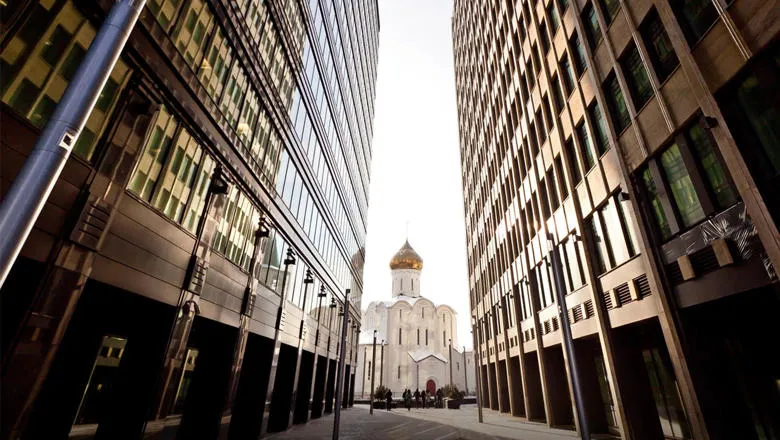04 June 2020
How 'smart' has Russian response to international sanctions been?
Has the effect of international sanctions on the crucial Russian oil industry been neutralised through statecraft and innovative policy-making?

Dr Adnan Vatansever, from the King’s Russia Institute, assesses just that as he looks closely at what the Kremlin has – and hasn’t - done in response to sanctions on the oil industry in his new paper, Put over a barrel? “Smart” sanctions, petroleum and statecraft in Russia.
The paper takes an in-depth look at how Russia has responded to sanctions on its petroleum industry during the five-year period after 2014, after it annexed Crimea. It analyses in detail Russia’s response with respect to three key structural constraints for the oil industry: the tax regime, the industry’s organisational setup, and its chronic technological lag.
The response in each area has presented opportunities to neutralise or mitigate the impact of sanctions and Dr Vatansever looks at how far Vladimir Putin’s government has gone in attempting to do that, to produce ‘smart’ solutions to ‘smart’ sanctions.
In the paper, Dr Vatansever asks: “How ‘smart’ has Russia’s response been and what explains the chosen approach?”
Dr Vatansever adds: “This article suggests that the way target states react to sanctions could be as significant as their design. Its underpinning logic is that target states react differently, and this affects whether and how sanctions work. Overall, it aims to draw attention to this significant process that has been widely overlooked.”
You can read the paper here

